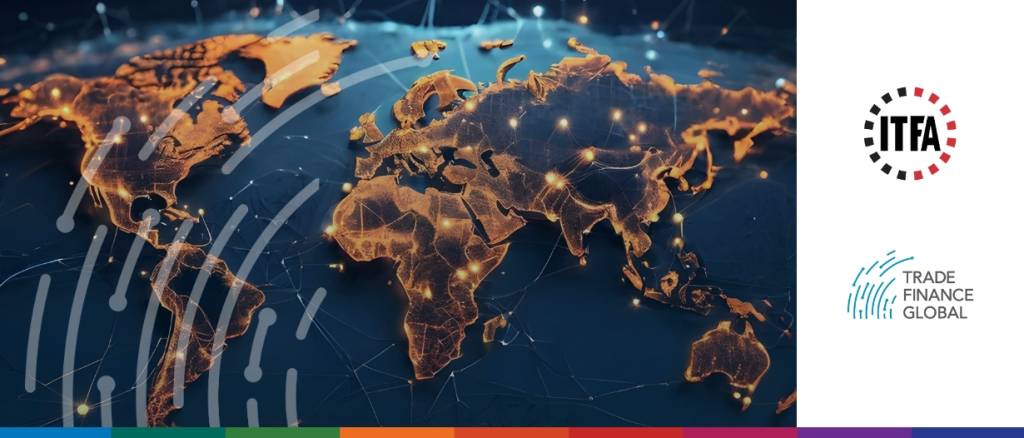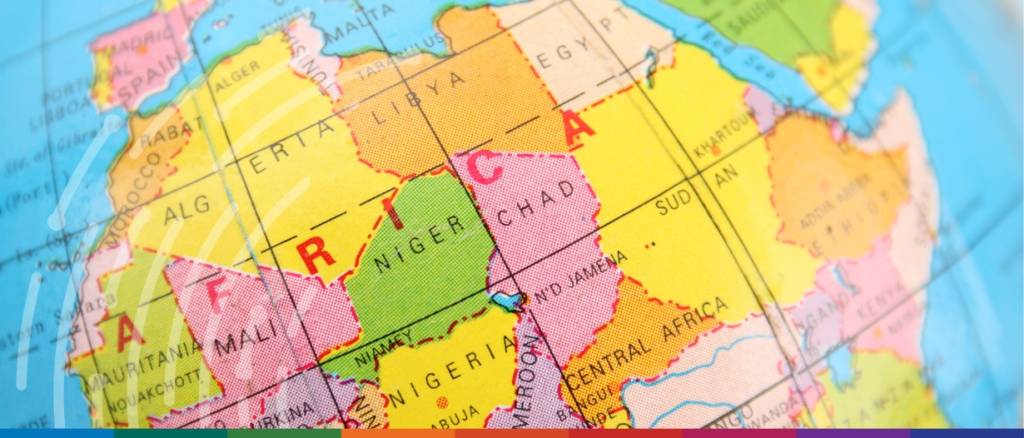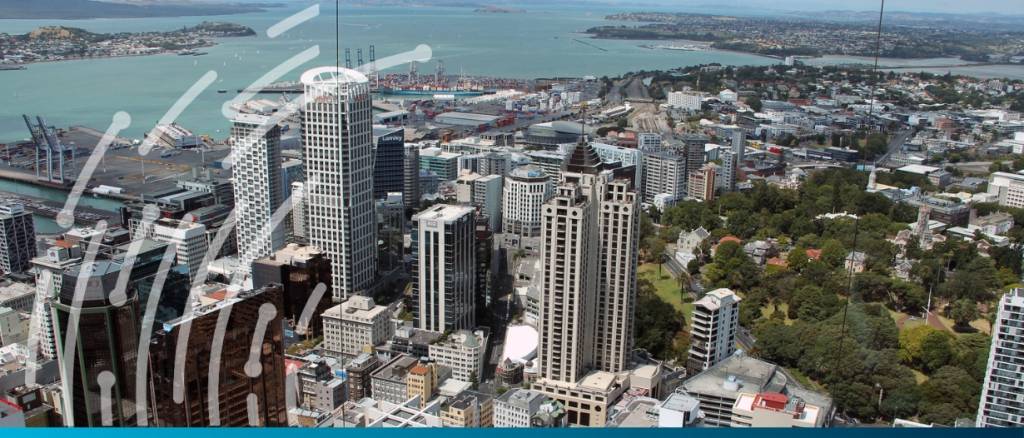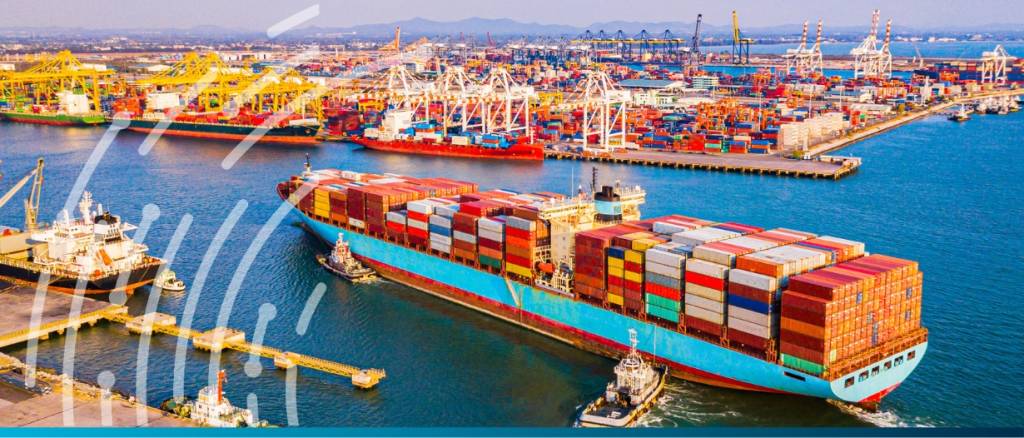The collaboration aims to marry supply chain financing with PBX’s digital ecosystem. PBX, a business-to-business digital transaction management platform, serves some of the largest buyers in the fast-moving consumer goods… read more →
Risk distribution is another vital strategy in closing the trade finance gap and the originate-to-distribute (OTD) model has gained traction in recent years, offering a solution that enables banks to… read more →
Technical Committee 68 of the International Organisation for Standardisation (ISO) for financial services standardisation created a common standard, ISO 20022, around two decades ago. This development was transformational. It was… read more →
The facility will be used to extend credit to businesses across African markets, with a particular focus on small- and medium-sized enterprises (SMEs) involved in regional and international trade, according… read more →
The COVID-19 Pandemic threw a spanner in the workings of the entire global economy. But the African continent, where the financial market ecosystem was fledging, was hit adversely hard. In… read more →
In 2024, the year of dramatic elections, tectonic shifts in governing power, and heightened tensions worldwide, Sibos attendees are keeping their eyes squarely on the road ahead. This year’s theme,… read more →
The firm is has been majority-owned by Santander since 2020, and offers cash and foreign exchange risk management services in over 130 currencies. It also services cross-border payments. The company first… read more →
Under this partnership, the IFC will provide Banco Safra with risk mitigation and connect it to its network of major international banks to set up partnerships on trade finance facilities.… read more →
The founder of a small business, built from the ground up, receives a call from someone representing the financial technology company they bank with. The caller says that some transactions on her company account have been blocked and that they need her security information.
The practice will provide firms with expert advice and support on challenges related to trade and customs, from navigating new IT systems to wider supply chain digitisation and complying with… read more →
























